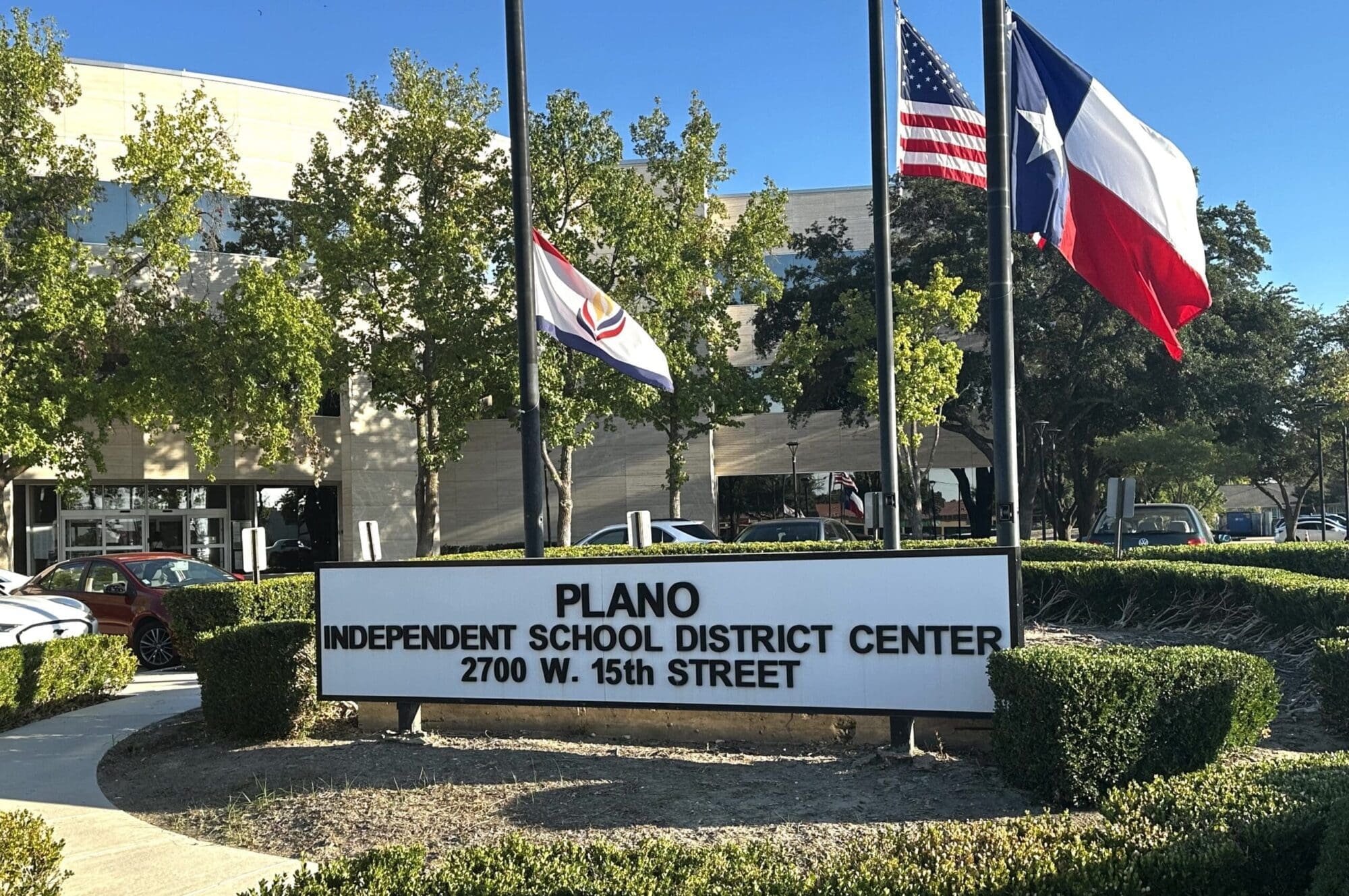Texas’ foreign land ban is being challenged in a federal court of appeals. The lawsuit was filed by the Chinese American Legal Defense Alliance, a New Jersey-based nonprofit.
The ban, also known as Senate Bill 17, prohibits foreign adversaries—such as China, Russia, Iran, and North Korea—and entities from those nations from acquiring real estate in Texas. It also includes provisions to allow the attorney general to investigate violations and initiate divestment actions in court.
In its 2025 annual threat assessment, the U.S. Office of the Director of National Intelligence designated the above countries as national security threats.
State Rep. Cole Hefner (R–Mount Pleasant) explained the purpose of the measure when introducing it in the House.
“Senate Bill 17 is the strongest, most comprehensive, and broad law in the nation that protects us from hostile foreign ownership of our land,” he said. “Senate Bill 17 thoughtfully strikes a balance by exercising appropriate police powers reserved for the state within the bounds of the Texas and United States constitutions.”
Gov. Greg Abbott signed SB 17 into law on June 20. It took effect on September 1.
The Lawsuit
On July 3, a lawsuit was filed against Attorney General Ken Paxton challenging SB 17 in a federal district court in Houston. The Chinese American Legal Defense Alliance (CALDA) hoped to convince the court to prohibit the law’s enforcement before it took effect.
Plaintiffs include Peng Wang, Qinlin Li, and Yisi Wang. They are all citizens of China who are in the U.S. on visas.
“The Named Plaintiffs—three individual Chinese citizens who reside in Texas—are subject to the law’s restrictions and its broad effects,” the lawsuit reads. “They will be unable to rent (and therefore continue to live, study, and work) in Texas, and unable to purchase second homes or investment properties.”
The plaintiffs claim that the new law violates various constitutional provisions.
“It violates the equal protection and due process guarantees under the U.S. Constitution; it intrudes on the federal government’s power to superintend foreign affairs, foreign investment, and national security; it is vague in its scope; and it recalls the wrongful animus of similar state laws from decades past—laws that were eventually struck down by courts or repealed by legislatures,” the lawsuit continues.
The lawsuit claims that SB 17 will have a stigmatizing effect on society, and compares it to laws from more than 100 years ago.
“SB 17 is having and will have far-reaching stigmatizing effects among people of Chinese, and Asian descent in Texas, including Plaintiffs, as Texas law deems them a danger to the United States,” reads the lawsuit.“This impact is exactly what laws like the Chinese Exclusion Act of 1882 and the California Alien Land Law of 1913 did more than a hundred years ago.”
Plaintiffs are demanding that the court declare the law unconstitutional under the 14th Amendment, prevent defendants from enforcing the law, and award attorneys’ fees.
Paxton filed a motion to dismiss the lawsuit, arguing that the plaintiffs could not prove they would be harmed by SB 17’s enforcement. On August 18, Judge Charles Eskridge decided to grant this motion, dismissing the case.
“It is determined below that the provisions of SB 17 challenged in this action by Plaintiffs Peng Wang and Qinlin Li don’t apply to them or to anyone similarly situated to them,” wrote Judge Eskridge. “The Attorney General has specifically confirmed and conceded as much.”
This is due to SB 17’s language, which states that the land ban applies to “an individual who is domiciled in a designated country,” including China.
CALDA’s lawsuit argues that “under Texas law, [domicile] typically means the last place one resided in that one intended to make their permanent home.”
Such a definition could have put the plaintiffs at risk of being harmed by SB 17’s enforcement.
However, Paxton—and later Judge Eskridge—pointed out that “domiciled” in SB 17 is defined to mean “having established a place as an individual’s true, fixed, and permanent home and principal residence to which the individual intends to return whenever absent.”
This definition—accepted by the court—does not classify the plaintiffs as “domiciled in China,” meaning the law cannot be wielded against them.
Appeal
On August 19, CALDA appealed the decision to the United States Court of Appeals for the Fifth Circuit in New Orleans. The court issued an order temporarily blocking the plaintiffs from being subjected to SB 17, only until a ruling has been made on the merits of the case.
That is where the case currently stands.
CALDA and Paxton did not respond to Texas Scorecard’s request for comment in time for publication.
If you or anyone you know has information regarding court cases, please contact our tip line: scorecardtips@protonmail.com.





